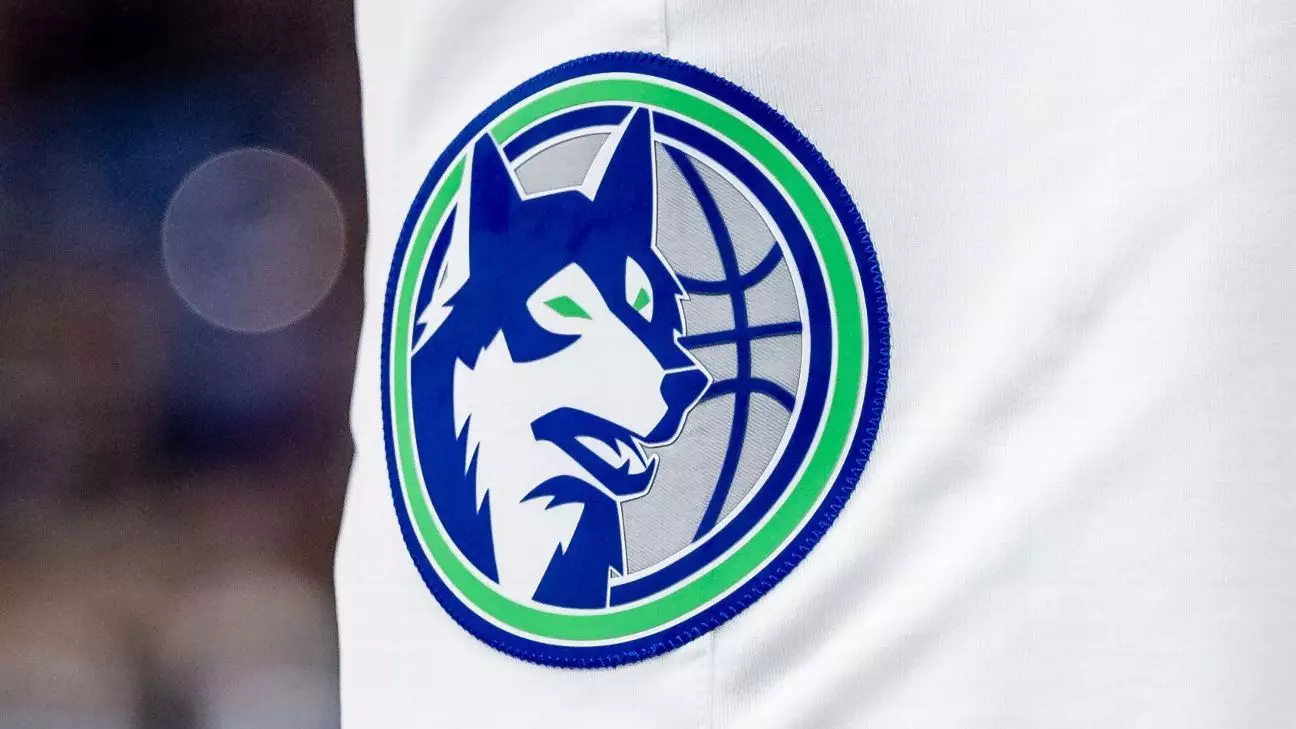The recent arbitration ruling surrounding the Minnesota Timberwolves’ ownership is a significant moment in the world of professional sports, particularly within the framework of the NBA. With a three-member arbitration panel ruling in favor of prospective owners Marc Lore and Alex Rodriguez over current owner Glen Taylor, the path to a potential change in control over the franchise has been paved. This ruling is not just a mere footnote in the team’s history, but rather a dramatic turning point that could redefine the future of the Timberwolves and their affiliate, the Lynx.
The heart of this dispute lies in a sales contract disagreement between Taylor and Lore/Rodriguez. The arbitration panel determined that Taylor had breached the sales agreement when he publicly claimed that Lore and Rodriguez had missed a crucial payment deadline. This payment was pivotal, as it would have secured an 80% stake in the franchises for the prospective owners. The initial agreement, valued at $1.5 billion in 2021 and structured in a three-phase purchase, serves as the backdrop for this legal clash. Until recently, the Timberwolves’ ownership situation had been relatively stable, but this conflict has thrown a spotlight on contractual interpretations within sports team ownership.
The panel’s decision has set into motion an impending vote by NBA owners that could either solidify or jeopardize the new ownership group’s ambitions. A minimum of 23 out of 30 NBA governors must approve this transaction—an essential formality, yet one that is steeped in complications given Taylor’s long-standing ties to the league. This unprecedented vote raises critical questions about the power dynamics within the NBA and what happens when an incumbent owner opposes a sale.
Lore and Rodriguez have shown resilience and determination throughout this process. They have managed to secure additional funding exceeding $950 million, placing it in escrow to finalize the acquisition. The backing includes heavyweight investors such as former New York City mayor Michael Bloomberg and former Google CEO Eric Schmidt, indicating not only serious financial clout but also a desire to elevate the Timberwolves’ market position.
However, the context of this acquisition cannot be divorced from the broader market landscape. The NBA’s recent franchise sales have seen valuations soar, with the Phoenix Suns and Dallas Mavericks changing hands for $4 billion and $3.5 billion respectively. In light of these figures, Taylor’s initial agreement seems increasingly antiquated, and this dynamic underscores the magnitude of the financial implications for both parties. With the Timberwolves being sold at what could be considered below-market value, the potential for discrepancy in ownership stakes and franchise valuations is an essential consideration in this unfolding drama.
As they navigate the potential hurdles posed by the NBA’s board of governors, Lore and Rodriguez are keenly aware of the political landscape. They have proactively engaged with current owners, attempting to win their favor in anticipation of the vote. This strategic outreach highlights the importance of alliances in the tightly-knit world of sports ownership, where relationships can often dictate outcomes more than legal agreements.
In contrast, Taylor maintains a formidable presence within the NBA, having served as a key figure in the league since 1994. His deep-rooted connections, particularly with NBA commissioner Adam Silver, could serve as a double-edged sword. While his long-standing commitment to the franchise makes him a protective figure, it also raises questions about how far he might go to oppose the sale, despite expressing disappointment over the arbitration ruling.
For Lore and Rodriguez, the stakes couldn’t be higher. Winning championships for Minnesota is not just a professional goal but also a personal commitment to an adoring fan base. Their enthusiasm is evident in their public statements, underscoring their readiness to transition from legal contortions to actual management and improvement of the teams.
As the landscape shifts, the fate of the Timberwolves remains uncertain; however, the threads of ambition, legal complexity, and market dynamics are woven tightly into this narrative. The coming weeks will likely define not just who controls the Timberwolves, but also the broader implications for NBA team sales and ownership transactions. The intricate interplay of relationships, finances, and competitive spirit will undoubtedly create an environment ripe for speculation as this saga unfolds.


Leave a Reply